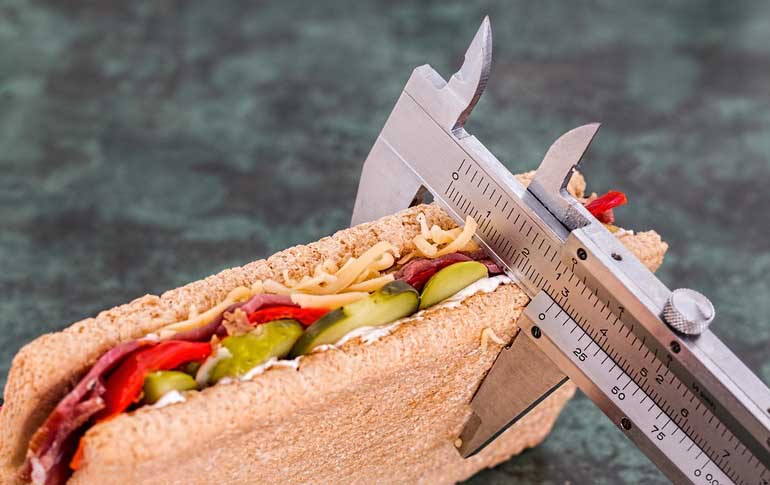Are You Eating 6 Small Meals A Day To Lose Weight?
- By Ashdin DoctorLoading...
- | 16 Aug 2018 8:00 AM IST
 X
X
Today we continue our series that debunks popular diets with a discussion on the suggestion that eating 6 to 8 small meals a day will help you lose weight.

The backbone of this diet are a few poorly put together studies on the ‘Thermic Effect of Food’. Thermic effect is the extra effort the body has to go through to digest food that has been eaten. The belief these studies propagate is that the more often the body has to digest, the more your metabolism will increase. Sufficient number of new studies have proven this to be false. Eating 2,000 calories all at once or over 6 to 8 small meals will result in the same thermic effect.
The 6-meal plan is important if you are a bodybuilder or an athlete, as they have to constantly feed protein to their developing muscles (aka positive nitrogen balance). If you are not a bodybuilder you are better off eating only when you are actually hungry.
For most people, following this plan is a headache! Planning 6 meals a day becomes cumbersome; packing several boxes of small meals becomes a chore; and more often than not you find yourself excusing yourself from a meeting (to eat a meal at your designated hour)!

The second issue with this diet from a weight-loss perspective is that it asks for 6 “small” meals. Most who follow this diet miss the word small! Thus, end up eating far more than they would otherwise.
This diet plan also creates havoc on the body’s blood sugar and insulin sensitivity. Fat storage and loss is a balancing act by the body via a hormone called insulin. Every time you eat a carbohydrate or a protein, the body has to produce insulin. It is the body’s “storage hormone”, and stores excess glucose as fat! Insulin is responsible for maintaining your blood sugar levels as well. I often see, Glucose or Marie biscuits or poha being given as a meal from a dietician. If they checked their blood sugar before and after they would notice a significant rise in the blood sugar level. This rise forces the body to release insulin and store the excess glucose as fat.
The goal of any good weight-loss diet should be to keep the body’s insulin levels low. The current science shows a move away from the 6 meals-a-day plan, towards eating only 2 or 1 meal a day. This is called intermittent fasting; but more on that another time.
So, Now What?
The important takeaway from this article and the previous one about low-fat diets is to always question your food choices. Just because something is popular doesn't mean that it is good for you. Do your own research, listen to people you trust. And if I had to recommend one top tip to implement right away, then that would be to replace your unhealthy fats (vegetable oils, margarine, low fat sprays) with healthy natural traditional fats (ghee, coconut oil, olive oil, butter).

Ashdin Doctor
Ashdin is a 'habit coach'. He believes that having an awesome life is easy. All we have to do is identify and create the right habits, routines and rituals. His technique is based on his personal journey fighting ill health and excess weight. It all began four years ago when he was living the dream. A new business and stressful and sleep-deprived days led to stress eating and he grew to an unhealthy 90 kgs which resulted in severe issues around his health. He decided enough was enough and took matters in his own hands. He started experimenting on himself deciding what worked, what was practical, or impractical for daily life. Was the effect tangible or not? He informally studied various perspectives on health, nutrition, fitness, exercise, anatomy, nervous system, habits, motivation, lifestyles and sleep. Today, he is fitter than ever before and has made it a mission in life to share this knowledge and wisdom and help transform other lives too! He partners with thought leaders, doctors and expert in various fields related to lifestyles and health in his two ventures FitterBee and Awesome180.


